Get Rid Of Cellulite Fast
 Lots of clients in Lakeland, Florida, FL want to get rid of cellulite and you can certainly understand why. Our weather is perfect for spending a lot of time at the beach and nobody wants the cratered and dimpled skin that occurs when you have cellulite. It's often one of the reasons people seek out my help. Getting rid of cellulite is more than just losing weight. Even thin people can have cellulite. It involves diet and exercise, plus more.
Lots of clients in Lakeland, Florida, FL want to get rid of cellulite and you can certainly understand why. Our weather is perfect for spending a lot of time at the beach and nobody wants the cratered and dimpled skin that occurs when you have cellulite. It's often one of the reasons people seek out my help. Getting rid of cellulite is more than just losing weight. Even thin people can have cellulite. It involves diet and exercise, plus more.
Even though thin people can get cellulite, the distribution of body fat and amount makes a difference.
Cellulite occurs when fat under the skin pushes it's way through the woven connective tissue of the dermis. Since that connective tissue actually looks like a honeycomb, when the fat cells grow, it pushes into those spaces as it bulges through and makes the outer skin look dimpled. Some people don't get cellulite. It all depends on how thick the skin is, where the fat is distributed and how strong the connective fibers are. Hormones play a role in this, so women tend to have this problem. Women tend to have more body fat and a thinner outer layer of skin.
Working out with weights can help cellulite.
Not only will you tone your muscles when you work out with weights, you'll improve the appearance of cellulite by diminishing it. Strength building exercises helps define and build muscle tissue, while replacing fat tissue. It helps make those bulging fat cells far less noticeable, since there's not as much fat to push through the fibers. Lifting weights and building muscle tissue also helps you shed the pounds, which also smooths the skin.
Shedding pounds without exercising can make the problem worse.
You might think that since cellulite comes from fat pushing through, losing weight is all you need to do. You'd be wrong. When you shed those extra pounds, it takes a while for your skin to lose that baggy look, especially if you're older. Baggy skin makes the remaining fat and cellulite more pronounced. However, combining that weight loss with strength building exercises can make a marked improvement in the amount of cellulite, while also giving you a curvy, toned appearance.
- If wrinkled skin isn't enough to make you quit smoking, maybe reducing cellulite will. You need strong connective tissue to prevent cellulite and smoking weakens it by reducing the formation of collagen, the building block of connective tissue.
- Massages and creams may not help, but you can still try. Skin treatments that help build collagen, such as those with retinol or vitamin C, have a potential to help build stronger collagen. Treating yourself to a skin soothing rub definitely won't make it worse and could help.
- Be aware that some medical treatments for cellulite can actually make the condition worse. Liposuction is for contouring the body, but some doctors may suggest it for cellulite. It doesn't work and can leave you with baggy skin that's still dimpled, which makes those lumps and bumps more noticeable.
- At Habitat Health and Fitness, we can help you with a program of healthy eating and a workout that will tone your body and make cellulite seem to disappear. We even offer three free sessions to help you get started.


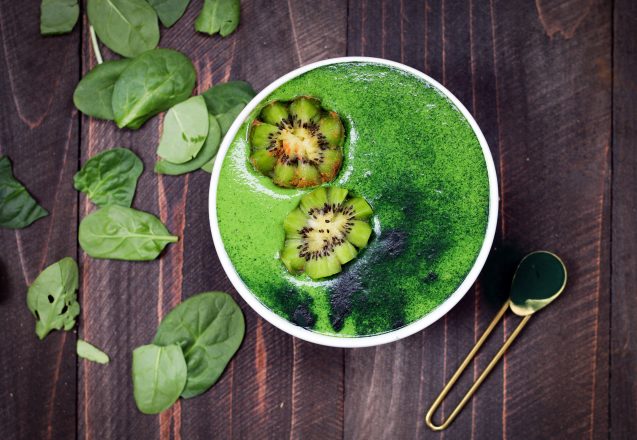
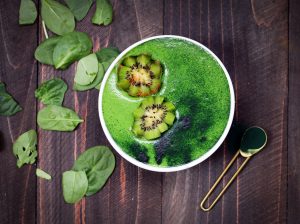 Winter is a great time to make soup. While our weather is far warmer than most areas, it still can get chilly at night in the winter. Now, you can make soup that warms you up, while also helps burn fat. These fat burning detox soups are also delicious and you can make them ahead and store them in the freezer for later use. These provide clean meals that everyone in the family will love.
Winter is a great time to make soup. While our weather is far warmer than most areas, it still can get chilly at night in the winter. Now, you can make soup that warms you up, while also helps burn fat. These fat burning detox soups are also delicious and you can make them ahead and store them in the freezer for later use. These provide clean meals that everyone in the family will love.
 You may starve yourself and still not be able to shed that extra weight. The problem you're facing may come from a hormone imbalance, but that doesn't mean you're stuck with weighing too much for the rest of your life. There are ways to get your hormones back on track, so you can function better and shed the weight you want to lose.
You may starve yourself and still not be able to shed that extra weight. The problem you're facing may come from a hormone imbalance, but that doesn't mean you're stuck with weighing too much for the rest of your life. There are ways to get your hormones back on track, so you can function better and shed the weight you want to lose.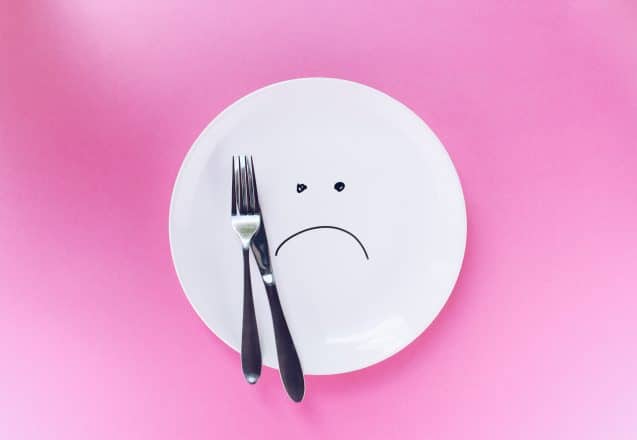
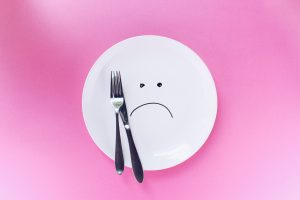 It gets pretty discouraging to step on the scales and see it display the same weight for weeks. That's plateauing and one of the reasons many people often give up their efforts to shed pounds. There's no reason to quit. You can beat a plateau by making some changes. I help clients in Lakeland, Florida push past that plateau and help them begin to lose weight again.
It gets pretty discouraging to step on the scales and see it display the same weight for weeks. That's plateauing and one of the reasons many people often give up their efforts to shed pounds. There's no reason to quit. You can beat a plateau by making some changes. I help clients in Lakeland, Florida push past that plateau and help them begin to lose weight again.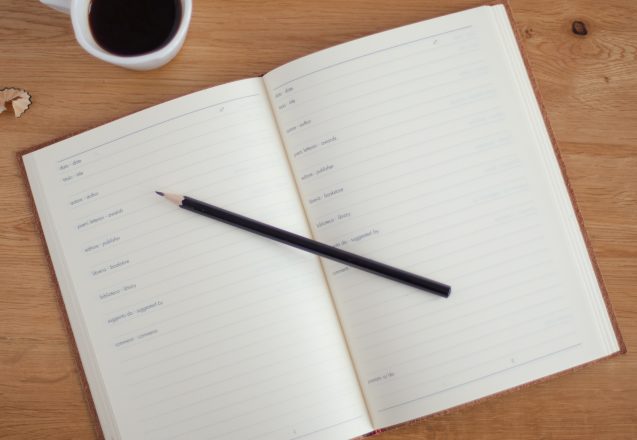
 When you go to a new doctor, he or she will ask you about previous illnesses, surgery, family medical history, allergies and medications you take. It's handy to have these jotted down in a health journal. It provides all the information and you don't have to tax your memory. You should also include your height and weight, as well as your age. It's also good in the event of a serious condition where you're incapacitated and can't tell the doctors about your past. You can expand it to include the food you eat, supplements you take and how you feel after eating specific foods. It's a great way to isolate problem foods and identify an intolerance or allergy.
When you go to a new doctor, he or she will ask you about previous illnesses, surgery, family medical history, allergies and medications you take. It's handy to have these jotted down in a health journal. It provides all the information and you don't have to tax your memory. You should also include your height and weight, as well as your age. It's also good in the event of a serious condition where you're incapacitated and can't tell the doctors about your past. You can expand it to include the food you eat, supplements you take and how you feel after eating specific foods. It's a great way to isolate problem foods and identify an intolerance or allergy.
 Just like everywhere else, the cost of organic food in Lakeland, Florida, is slightly higher than conventionally grown food. However, there are benefits of eating organic that make the extra price worthwhile. There are very strict standards set by the USDA---the United States Department of Agriculture before a food product can be called organic. For crops, there are no synthetic pesticides, irradiation, biotechnology or artificial fertilizers used. For animal products, the feed must be organic and the animals need to be free range at least part of the time. Animals don't receive growth hormones or antibiotics either.
Just like everywhere else, the cost of organic food in Lakeland, Florida, is slightly higher than conventionally grown food. However, there are benefits of eating organic that make the extra price worthwhile. There are very strict standards set by the USDA---the United States Department of Agriculture before a food product can be called organic. For crops, there are no synthetic pesticides, irradiation, biotechnology or artificial fertilizers used. For animal products, the feed must be organic and the animals need to be free range at least part of the time. Animals don't receive growth hormones or antibiotics either.
 So many studies show that you become more productive when you incorporate a program of regular exercise into your schedule. Sure, it's one more block of time that could be used for other demanding tasks, but it also may be just what you need when you have too much to do and too little time. It's like taking the time to get adequate sleep, eat a decent meal or taking a few minutes to clear your head. Exercise helps you become more focused.
So many studies show that you become more productive when you incorporate a program of regular exercise into your schedule. Sure, it's one more block of time that could be used for other demanding tasks, but it also may be just what you need when you have too much to do and too little time. It's like taking the time to get adequate sleep, eat a decent meal or taking a few minutes to clear your head. Exercise helps you become more focused.
 I see a lot of clients come into our gym in Lakeland, FL angry, stressed and sometimes ready to blow, but by the end of the workout, they're in a better mood. Why the change? It's one of the benefits of working out. Working out burns off the hormones of stress that can make you ready to hit the next person that looks at you or scream at the top of your lungs. The process of working out actually mimics the very things that the fight or flight response was meant to prepare you to do, fight or run like the wind.
I see a lot of clients come into our gym in Lakeland, FL angry, stressed and sometimes ready to blow, but by the end of the workout, they're in a better mood. Why the change? It's one of the benefits of working out. Working out burns off the hormones of stress that can make you ready to hit the next person that looks at you or scream at the top of your lungs. The process of working out actually mimics the very things that the fight or flight response was meant to prepare you to do, fight or run like the wind.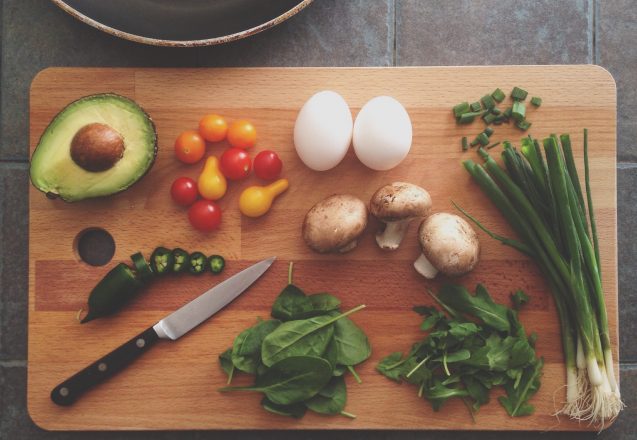
 Clients in Lakeland, Florida find it's not hard to eat healthy once they know the right foods to eat. It doesn't come at the cost of depriving yourself of foods you love, either. Eating healthy isn't like dieting. Anyone who has ever dieted knows that at some time it ends. Either you reach your goal or simply give up and consume every treat in the refrigerator. Eating healthy is about making smarter choices and consuming more whole foods. If you want to have those "forbidden treats" occasionally, it's not a problem. Keep portion control in mind, but if you don't, just go back to healthy eating the next day.
Clients in Lakeland, Florida find it's not hard to eat healthy once they know the right foods to eat. It doesn't come at the cost of depriving yourself of foods you love, either. Eating healthy isn't like dieting. Anyone who has ever dieted knows that at some time it ends. Either you reach your goal or simply give up and consume every treat in the refrigerator. Eating healthy is about making smarter choices and consuming more whole foods. If you want to have those "forbidden treats" occasionally, it's not a problem. Keep portion control in mind, but if you don't, just go back to healthy eating the next day.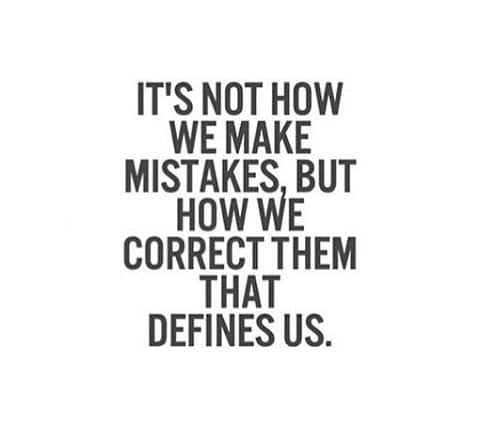
 If you're not having any success trying to shed those extra pounds, you might be making one or more of the common diet mistakes that sabotage your efforts. One of the biggest ones is failing to eat enough calories and using a fad diet. Dieting, whether it's a fad diet or not, just doesn't work. It's not sustainable and eventually you go back to old eating habits, which put on weight in the first place. You also often feel hungry and deprived. Eating to few calories can actually slow your metabolism, making it even harder to lose weight. While you need to eat fewer calories than you burn, do it by eating whole foods and skipping the empty calories in processed and sugary food.
If you're not having any success trying to shed those extra pounds, you might be making one or more of the common diet mistakes that sabotage your efforts. One of the biggest ones is failing to eat enough calories and using a fad diet. Dieting, whether it's a fad diet or not, just doesn't work. It's not sustainable and eventually you go back to old eating habits, which put on weight in the first place. You also often feel hungry and deprived. Eating to few calories can actually slow your metabolism, making it even harder to lose weight. While you need to eat fewer calories than you burn, do it by eating whole foods and skipping the empty calories in processed and sugary food.